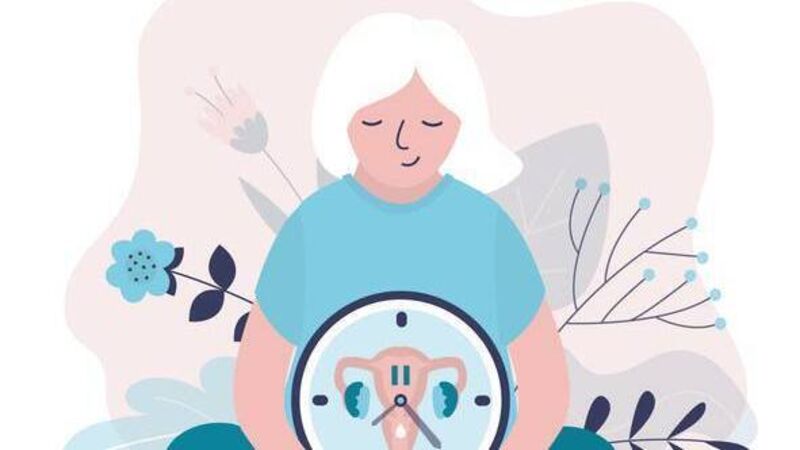If I could go back and do perimenopause again, this is what I’d do differently

“It’s like being a teenager again, but in reverse,” a friend explains to me, describing her recent experience of being perimenopausal. “I just wish I’d found a GP who specialised in it, or who could have told me exactly what I was going through”. Defined as the transition phase into menopause, perimenopause can last anything from four to eight years before a woman’s final menstrual period. It can include heavy periods, tiredness, brain fog and anxiety.
My friend is not alone in her isolation. Increasingly women of a certain age describe being left unsure whether the smorgasbord of unpleasant symptoms they are experiencing are indeed hormonal, or just the result of the general exhaustion that seems to coincide with reaching our 40s. Welcome to the so-called ‘sandwich years’, where the spinning plates of raising teens, minding elderly parents and trying to level-up in our careers veer overwhelmingly towards a tipping point. It’s no wonder sleep is eluding us and anxiety creeps in after dark.








